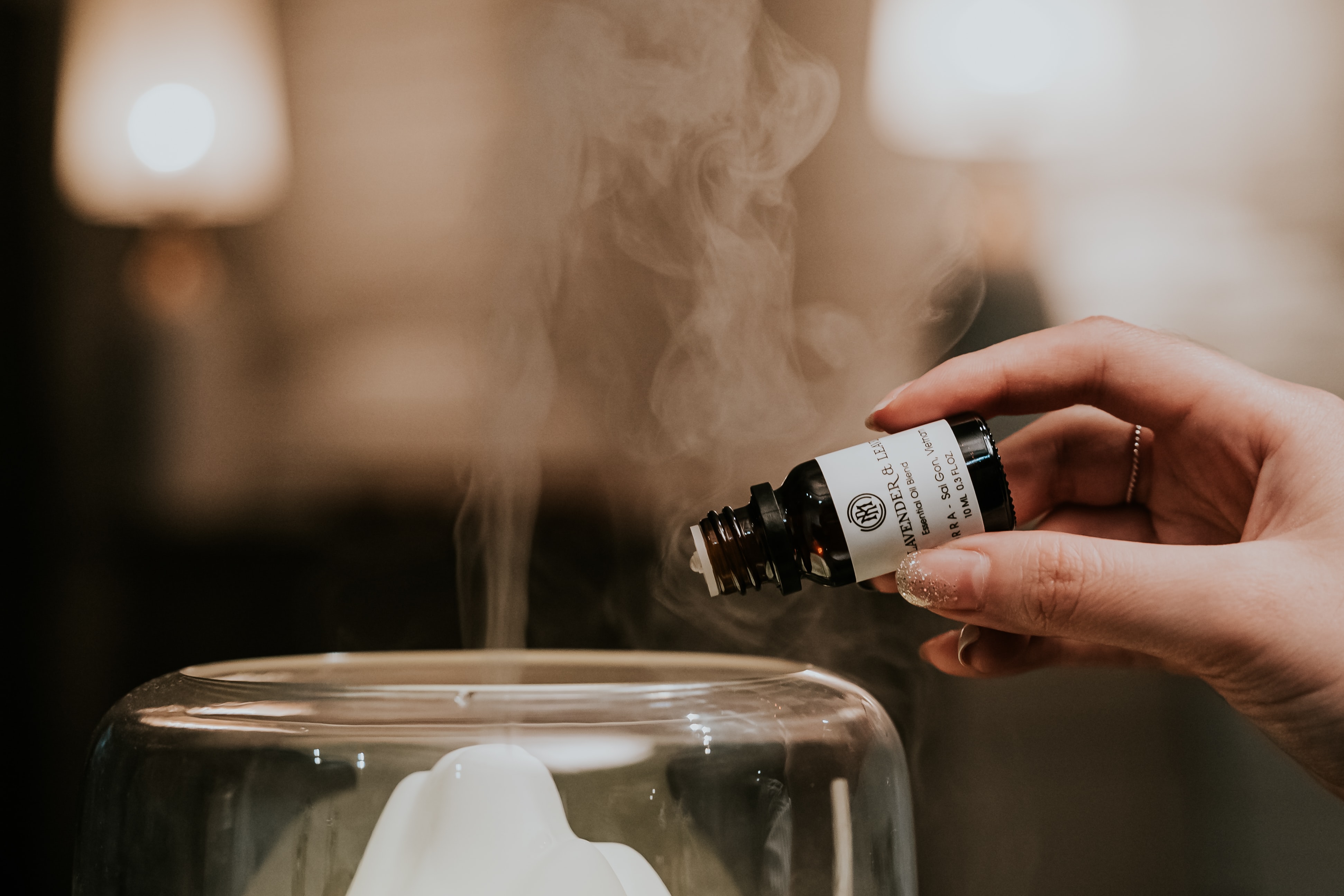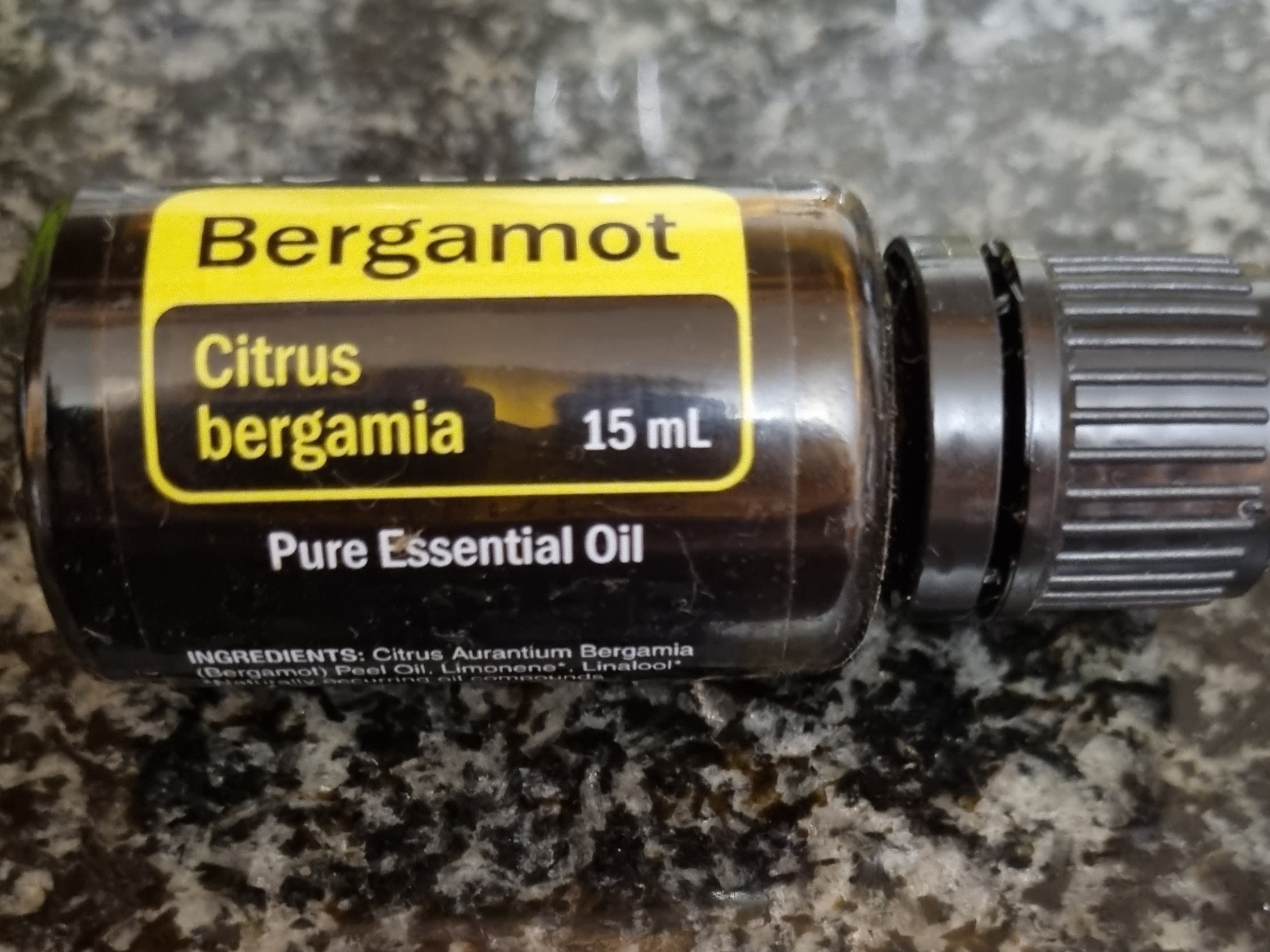Bergamot Essential Oil

Bergamot essential oil is a powerful and versatile oil derived from the peel of the bergamot fruit bergamot citrus fruit, which is a small, pear-shaped fruit that is primarily grown in the Calabria region of southern Italy. This oil is a popular choice among aromatherapists and natural health enthusiasts due to its range of benefits and its delightful scent. In this article, we will explore the chemical composition of bergamot essential oil, its health benefits, and how to use it.
Extraction Process of Bergamot Oil
The extraction process involves the use of a technique called cold pressing, which is a method of extracting essential oils from plant materials without the use of heat or solvents.
The process begins by harvesting ripe bergamot fruit, which is then washed and peeled to remove the outer rind. The rind is then cut into small pieces and placed in a machine that uses mechanical pressure to extract the oil from the rind. This process is known as cold pressing, as it does not involve heat, which could damage the delicate essential oil molecules.
As the machine presses the bergamot rind, it releases small droplets of essential oil that are collected in a container beneath the press. The collected oil is then separated from any remaining water or plant material and bottled for use.
The entire extraction process must be done quickly and carefully to prevent oxidation, which can reduce the quality and potency of the essential oil. This is why bergamot essential oil is often more expensive than other citrus oils, as it requires a high level of skill and attention to detail to produce a high-quality oil.

Chemical Compounds In Bergamot Essential Oil
Bergamot essential oil is composed of a variety of chemical compounds that contribute to its therapeutic properties. The primary chemical constituents of bergamot essential oil include:
- Limonene: This compound is a powerful antioxidant that helps protect the body from oxidative stress and supports immune function.
- Linalool: This compound has sedative properties, making it useful for reducing stress and promoting relaxation.
- Linalyl acetate: This compound has anti-inflammatory and analgesic properties, making it useful for reducing pain and inflammation.
- Bergapten: This compound has antiviral and antimicrobial properties, making it useful for treating infections.
- Alpha-pinene: This compound has anti-inflammatory and antiseptic properties, making it useful for treating respiratory issues.
What Are The Health Benefits
of Bergamot Oil?
Bergamot essential oil has a wide range of health benefits that make it a popular choice among natural health enthusiasts. Some of the most notable health benefits of bergamot essential oil include:
- Reduces Anxiety and Depression: Bergamot essential oil has been shown to have anxiolytic and antidepressant effects, making it a useful tool for managing anxiety and depression.
- Lowers Blood Pressure: Bergamot essential oil has been shown to lower blood pressure, making it useful for those with hypertension.
- Relieves Pain and Inflammation: Bergamot essential oil has analgesic and anti-inflammatory properties, making it useful for reducing pain and inflammation.
- Treats Skin Conditions: Bergamot essential oil has antiseptic and anti-inflammatory properties, making it useful for treating skin conditions such as acne, eczema, and psoriasis.
- Supports Digestive Health: Bergamot essential oil has carminative properties, making it useful for treating digestive issues such as indigestion and bloating.
What are the best ways to use Bergamot Essential Oil?
 Diffusing Essential Oils
Diffusing Essential OilsThere are several ways to use bergamot essential oil to enjoy its therapeutic benefits. Here are a few popular methods:
- Aromatherapy: Add a few drops of bergamot essential oil to a diffuser or vaporizer to enjoy its aroma and therapeutic benefits.
- Topical Application: Dilute bergamot essential oil with a carrier oil such as coconut oil or jojoba oil and apply to the skin (bottom of the feet) to enjoy its therapeutic benefits.
- Bath: Add a few drops of bergamot essential oil to a warm bath to relax and unwind.
- Massage: Add a few drops of bergamot essential oil to a carrier oil and use for a relaxing massage.
- Bergamot can be used as a flavourant for tea and taken internally in a capsule. (Ensure the quality of the essential oil you are using is 100% pure and suitable for consumption.)
What does Bergamot Oil smell like?

The smell of bergamot essential oil is characterized by its fresh, citrusy, and slightly floral aroma. It has a distinct and invigorating scent that is often described as a combination of orange and lemon with a hint of floral notes. Bergamot essential oil has a refreshing and uplifting quality that can help to boost mood and reduce stress. It is a popular choice for use in perfumes and aromatherapy blends due to its delightful fragrance.
What other essential oils does Bergamot Essential Oil blend well with?
Bergamot essential oil blends well with many other essential oils, creating unique and synergistic aromas. Some popular essential oils that blend well with bergamot include:
- Lavender: Bergamot and lavender together create a calming and relaxing blend, perfect for stress relief and promoting better sleep.
- Lemon: A blend of bergamot and lemon creates a refreshing and uplifting aroma, perfect for boosting energy and focus.
- Peppermint: When combined with peppermint, bergamot creates a cooling and invigorating aroma that can help soothe headaches and ease tension.
- Frankincense: A blend of bergamot and frankincense creates a grounding and earthy aroma that can help promote feelings of relaxation and well-being.
- Ylang-ylang: A combination of bergamot and ylang-ylang creates a sweet and floral aroma that can help promote feelings of joy and happiness.
- Geranium: When blended with geranium, bergamot creates a soft and floral aroma that can help balance hormones and ease tension.
These are just a few examples of the many essential oils that can be blended with bergamot to create unique and therapeutic aromas. Experiment with different combinations to find the perfect blend for your needs.
While bergamot essential oil is generally considered safe for most people, there are some precautions to keep in mind. Bergamot essential oil can cause photosensitivity, so it is important to avoid sun exposure after applying it topically. Additionally, some people may experience skin irritation or allergic reactions when using bergamot essential oil. Always dilute bergamot essential oil with a carrier oil before applying it to the skin, and do a patch test first to ensure that you are not allergic to it.


